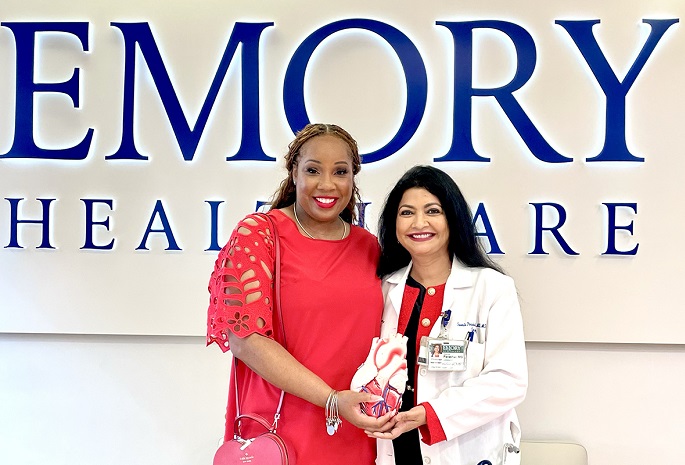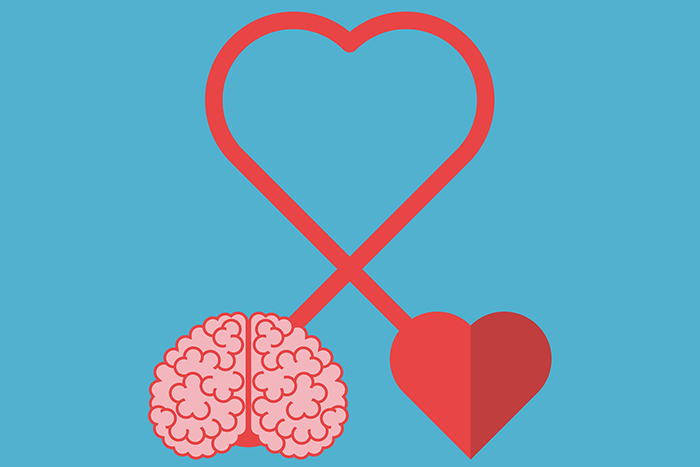More than 60 million women in the United States (that’s 44%) live with some form of heart disease, according to the Centers for Disease Control and Prevention (CDC). Heart disease ranks as the leading cause of death in women (and men), and it can affect women of any age.
While the heart attack rate has decreased in older adults, it is on the rise in younger women (ages 35-54). That is the bad news.
The good news: You can prevent most heart disease—up to 90%. Knowing your risk is an essential first step. And so is finding a cardiologist (heart doctor) who specializes in women’s heart health.
“Heart disease in women is not the same as heart disease in men,” says Carolina Gongora, MD, a cardiologist at Emory Women’s Heart Center. “Women’s risk factors are different, and sometimes their symptoms are, too. Women often respond differently to treatment as well. When women receive specialized heart care at centers like ours, the data show better outcomes.”
Emory Women’s Heart Center provides care for women who already know they have heart disease and those who may be at risk and want to learn more. Our experienced team is trained specifically in heart disease in women, and includes:
- Cardiologists
- Nurse practitioners
- Nurses
- Nutritionists
“Our team provides heart disease prevention strategies, diagnosis and treatment,” Dr. Gongora says. “The first step is a thorough assessment to determine whether a woman has low, medium or high risk. Then, we provide education and resources to help them lower their risk of heart attack, heart failure, stroke, high blood pressure and other cardiovascular diseases. When a woman needs treatment, she can be confident that our team will provide the most advanced tests and treatment options.”




